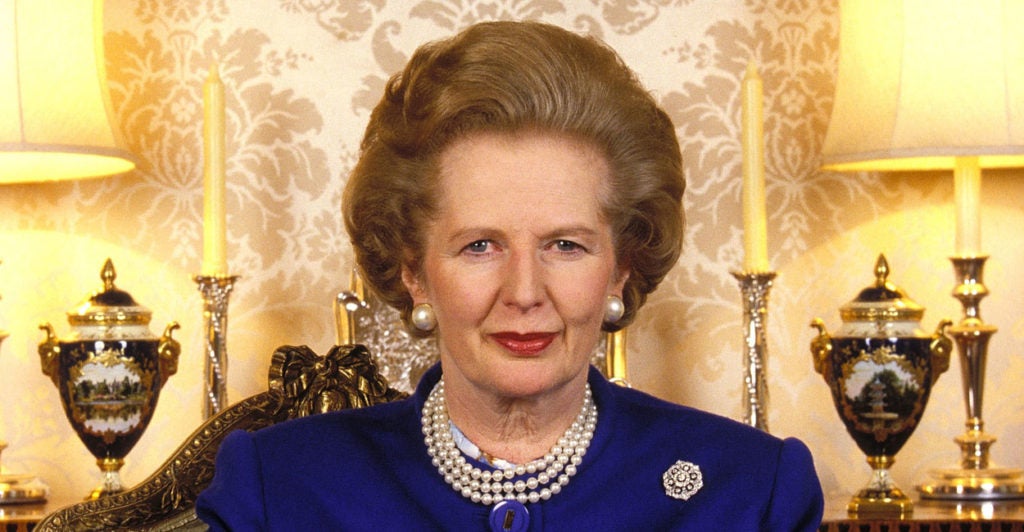“Blowout” was how one U.K. newspaper described the decisive victory of Boris Johnson and his Conservative Party in last week’s election.
How decisive was it? Not only did conservatives win an 80-seat majority in Parliament, a constituency in Blythe Valley in Northeast England elected a conservative member for the first time since its creation 40 years ago.
Pundits leading up to the election were wrong, as usual. They predicted a very tight race. What is it about pundits that they are so often wrong, including in the U.S., but they get to keep prognosticating anyway?
The election was viewed as a referendum on Brexit, which voters approved in 2016, but some politicians had blocked. They wanted another referendum, which is reminiscent of voter recounts in the U.S. The recounts stop only after a Democrat “wins” a majority.
Johnson campaigned on giving the voters what they voted for, otherwise known as democracy. Britain’s divorce from the European Union could be finalized as early as next month.
The deniers were out in full force. Jeremy Corbyn announced his resignation as Labour Party leader, but claimed the disastrous results were not his fault and ludicrously asserted his hard-left agenda was “extremely popular.”
If that is an example of popularity, it is difficult to imagine what unpopularity would look like.
Among Corbyn’s other faults were his virulent anti-Semitic and anti-Israel statements. Some, perhaps even in his own party, will view his departure as good riddance to bad rubbish.
Also among the deniers was former Speaker of the House of Commons John Bercow, now a commentator for Sky News. On election night, Bercow, who was elected as a conservative but is a frequent critic of his party, said: “The fact that the conservative message resonated with voters doesn’t necessarily mean it is the right message.” Say what?
The U.K. election will also be seen by some as a possible predictor of next year’s U.S. presidential contest. That’s what happened in 1979. One year after Margaret Thatcher became prime minister, Ronald Reagan swept to victory. Republicans also won the Senate, but Democrats still controlled the House.
The 2020 election might see Republicans win a House majority as especially conservative voters will be motivated to seek revenge on Democrats who have voted to impeach President Donald Trump. Should Republicans again hold all three branches of government, watch for a Trump-Republican agenda to be placed on fast-forward to the despair of the media and the remaining liberals in Congress.
The headline on a Daily Mail column by Piers Morgan read: “Boris Johnson’s triumph proves democracy-denying radical socialists backed by self-righteous celebrities on Twitter are electoral poison—and if Democrats fall for the same delusion, Trump will decimate them in 2020.” I love the British tabloids!
Morgan continued:
There was also another massive reason why Johnson won so big, and it was that [Corbyn] … is a hard-core socialist so far left he makes [Rep.] Alexandria Ocasio-Cortez [D-N.Y.] look like a capitalist. … As I’ve been warning for months, there’s not a cat-in-hell’s chance of a socialist candidate beating Trump next November, especially not with the U.S. economy doing so well. Bernie Sanders and Elizabeth Warren both share Jeremy Corbyn’s socialist agenda and both appear to be as popular as him on Twitter.
Happy days are returning to Britain. With the U.S. economy booming, by next November they may return to American shores. As with Britain’s 1979 election, this one may also be a foretaste of better days to come and the burying of socialism for a generation.
(c) 2019 Tribune Content Agency, LLC.
